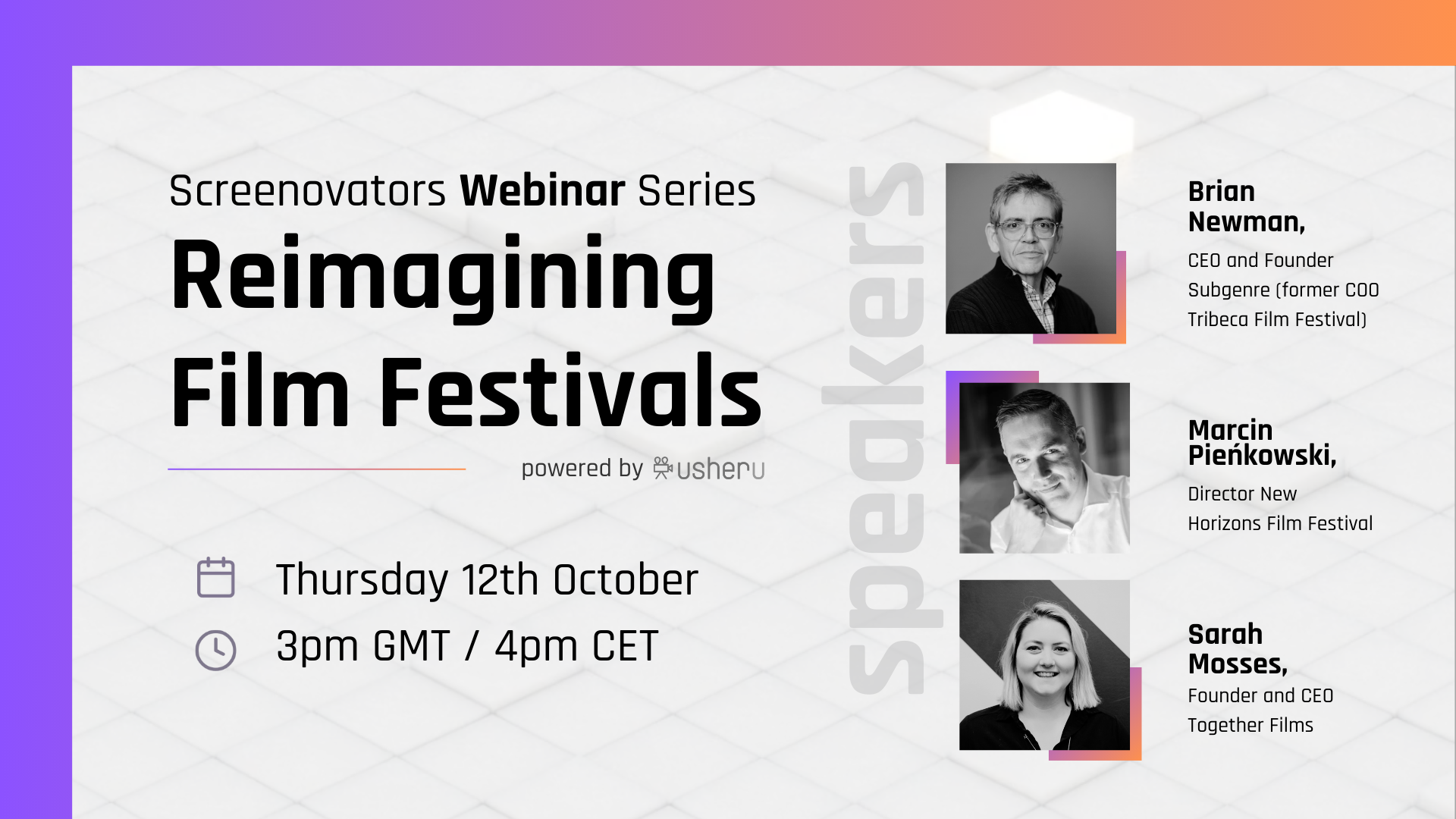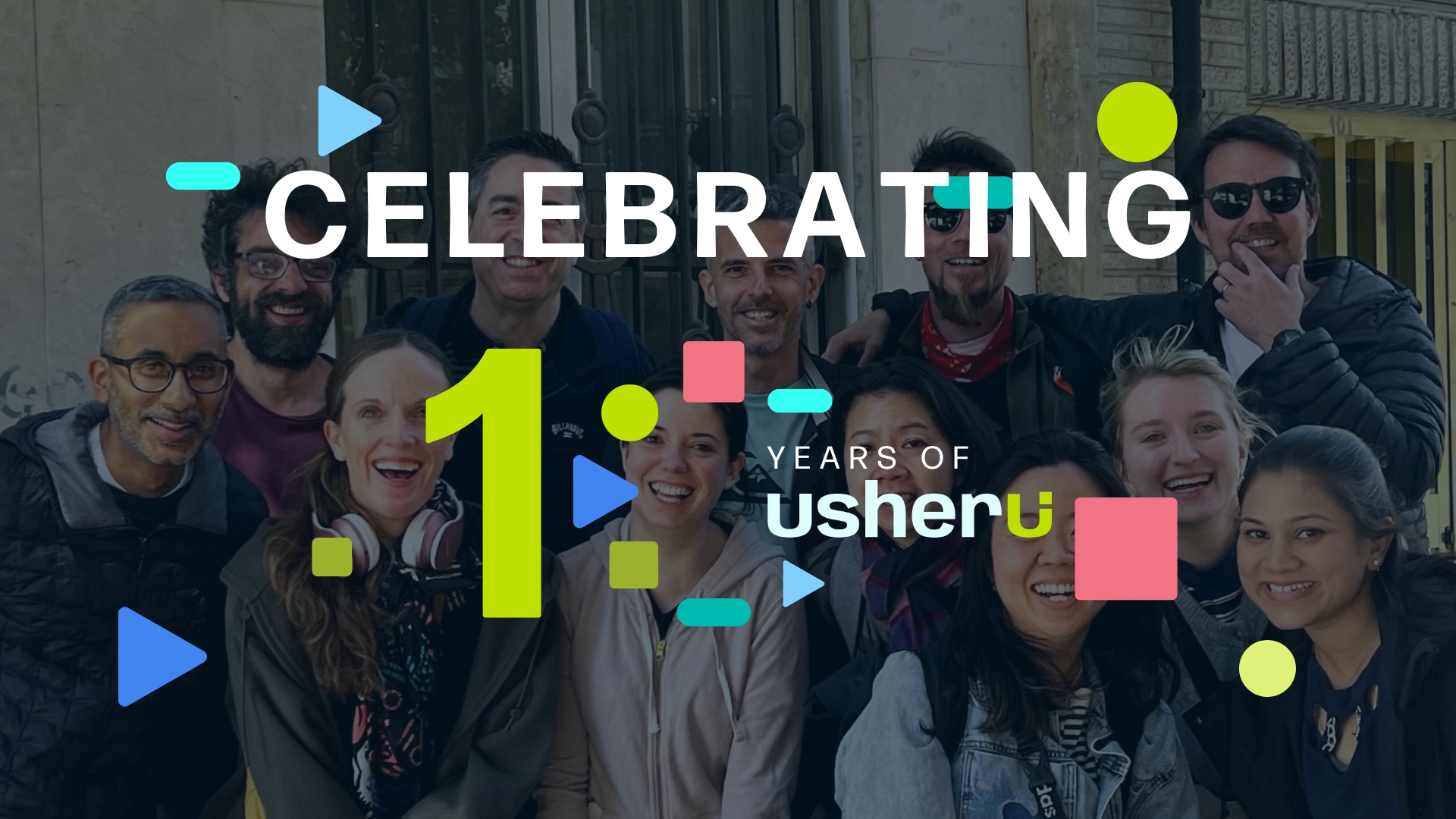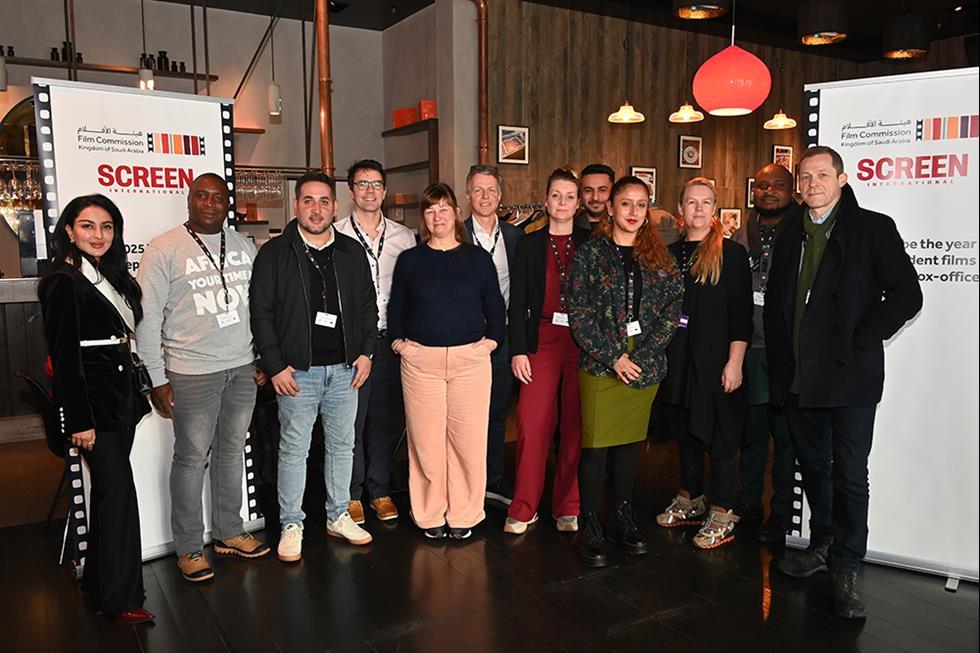Defining the Value of Film Festivals
Film festivals touch almost every aspect of the value chain, connecting sales, distribution, filmmakers, cinemas and audiences in a unique way. However, festivals often seem undervalued and, in the current climate, underfunded.
Here, Alex Stolz, usheru Head of Content and Film, recaps all of the valuable insights garnered in the fascinating discussion held as part of usheru’s Screenovators: Reimagine the Ecosystem series opener, Reimagining Film Festivals.
Defining the value – and potential value – of film festivals is an opportunity for festivals and critical for reinforcing the sector. Here follows my summary of my recent discussion on usheru’s Reimagine the Ecosystem series where I was joined by Marcin Pinozki, director of New Horizons Film Festival, Sarah Mosses, CEO and founder of Together Films and Brian Newman, of Subgenre and former COO of Tribeca Film Festival to explore the challenges and opportunities in the festival space at this time.
The following could be described as Value Centres – areas of opportunity that the panel identified for defining the value of Film Festivals
1. Festivals as a Local Community and Social Experience.
There is an opportunity for festivals to better articulate this social capital that they capture. Marcin Pieńkowski, Director of New Horizons Film Festival puts it this way “Film festivals are social events, it’s a social adventure and I think that’s the point, that’s the clue.” Sarah Mosses, CEO and Founder of Together Films reiterates this “You have to think about your local audience first before you can start thinking about wider industry goals or bigger objectives.”
2. Festivals as a Research Engine and Insight provider.
Festivals have long been a place where stakeholders an get a sense of whether a film ‘plays’ but the panel suggested this can go a step further – to provide the industry with valuable data and statistics that can inform future investments and campaigns. However, this is not typically happening as Brian Newman points out and, as Sarah Mosses states, “ greater transparency between all stakeholders and the film industry [is needed] but especially this dialogue between film festivals and sales distribution / producers …I think that the more data exchange we can have between those two parties, we’re learning from each other … we’re learning what sort of what a film is going to do in that market or perform in that market by these early indications and greater viewership in that territory.”
3. Festivals as a Discovery Solution
In a saturated ‘content landscape’, the opportunity for trusted voices to guide viewers and recommend great films is obvious. Festivals are perfectly primed to seize this opportunity having already established their credentials as experts in the space but too often they drift from view for 11 months of the year. Sarah Mossses equates this to be an affiliate marketing agent for films. Marcin Pieńkowski furthers this point, “we [festivals] have this superpower; our taste, our knowledge, curation skills this is super power, and even the best artificial intelligence won’t replace us”.
4. Festivals as a Brand Activator.
With sponsorship and funding an increasing challenge for many organisations, festivals need to do a better job of welcoming brands . Accordion to Brian Newman, “you have to remember that your first order of business is definitely your audience and making sure your audience is taken care of, but you also have to make sure that you’re figuring out how the brands can show up and feel special at the festival and what they call activate at the festival, like how they show up and it’s not just slapping a logo on the poster, but where they can engage with people and in an interesting, fun way.” Sarah Mosses agrees: “The brands are looking at that audience demographic piece in a much more analytic way … focusing on what is your attention of press engagement, marketing engagement and specific details on the numbers of humans that they will be able to reach through this sponsorship potential is really crucial.”
5. Festivals as an Inclusive Space
Festivals can suffer from the perception that they are exclusive, serving only an older audience as Brian Newman states “If you look at the programming teams for the majority of film festivals around the world, especially in Europe and America, they’re extremely white and older for the most part, and I’ll go to towns in America that are very diverse communities, but the festival itself is not and it’s got a very elitist reputation and historically certain film festivals not all, but in certain places it’s kind of been the festival will bring the best of cinema to the wealthy individuals that come and buy all access passes.” Marcin Pieńkowski offers a different perspective on New Horizons “Our festival is about art, art films, sometimes very radical, very brave, unconventional, experimental … but our viewers are very young, very, very young.”
Whilst there is still certainly room for better inclusivity and brand activation in the space, the exciting thing about the above recommendations is that festivals for the most part are already doing this work – and already capturing this data. The challenge seems more about reframing, repositioning and making this data available – which can solidify festivals’ position as invaluable cultural institutions that contribute significantly to the film industry and broader society.





